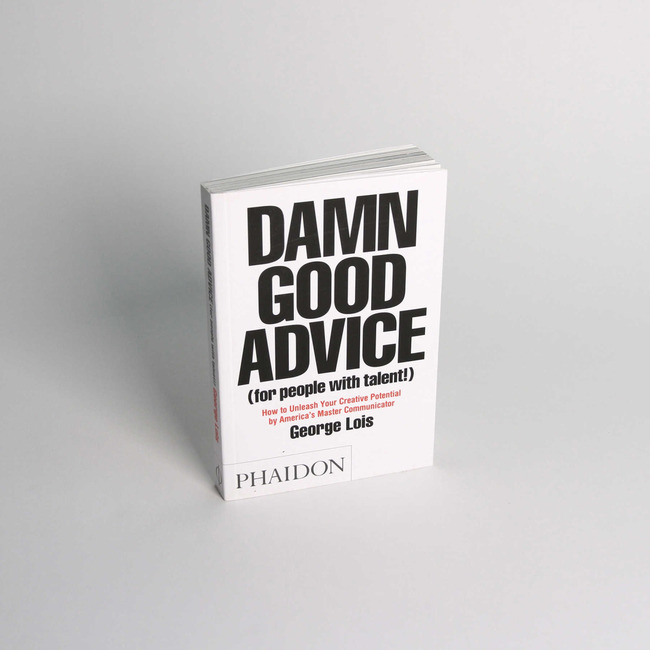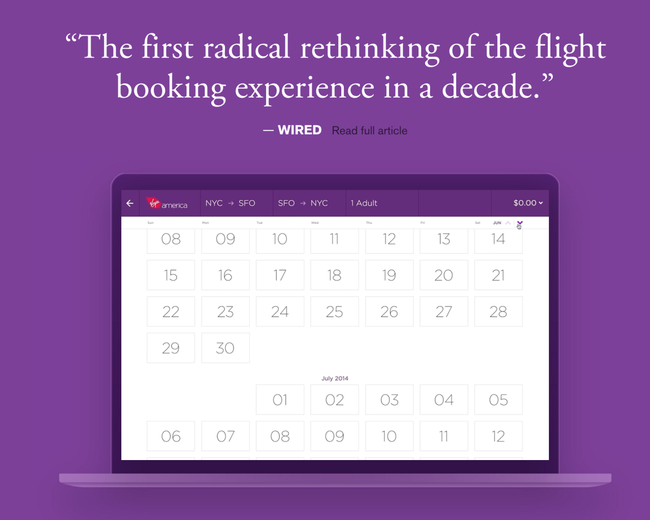No Silver Bullets in Design
Jasmine Freidl, product designer at Facebook, on “What I’ve Learned Designing Small Things at Facebook”:
If you work with a silver bullet mentality and put all your resources and energy into the one thing your team is super enthusiastic about and it doesn’t work out, it’s incredibly disappointing. No one wants to see teammates discouraged, to see ideas fail or abandoned and work scrapped. The easiest way to bounce back from this is to be producing at a quick pace and a steady cadence.
A successful team moves fast, and they do often leave a trail of failed experiments in their wake. But here’s the deal: quick experiments, even failed ones, are the best way to learn what works and what doesn’t. So when the first two things don’t work, try two more. And when that doesn’t work, try two more. And if those fail too, perhaps it’s time to approach something from another angle, but give it...

